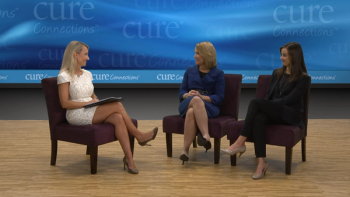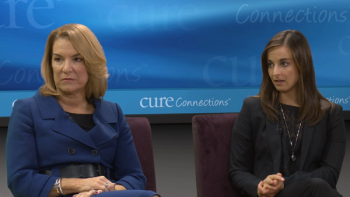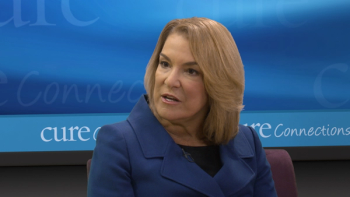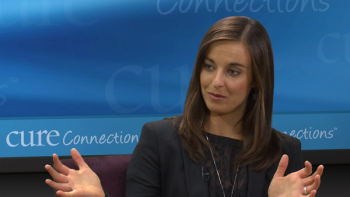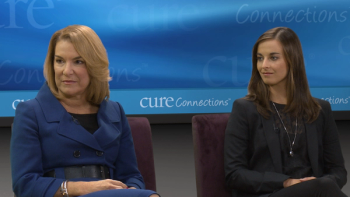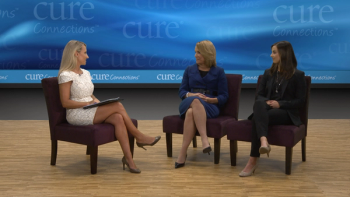
"I always felt that I would get breast cancer. It was only a question of when," says Shari Levy. Levy's mother died of breast cancer, and Levy, who has dense breasts, has had five breast biopsies.

"I always felt that I would get breast cancer. It was only a question of when," says Shari Levy. Levy's mother died of breast cancer, and Levy, who has dense breasts, has had five breast biopsies.

The American Cancer Society has updated its breast cancer screening guideline to recommend that woman at an average risk of breast cancer should wait to undergo annual screening mammography until they reach the age of 45.

The latest tweaks to medical strategies can improve outcomes while accommodating the preferences of women with earlier-stage breast cancers.

I may be ready to sign up for a big race to celebrate three years cancer-free, but it turns out that the fear of recurrence may never be far from my mind.
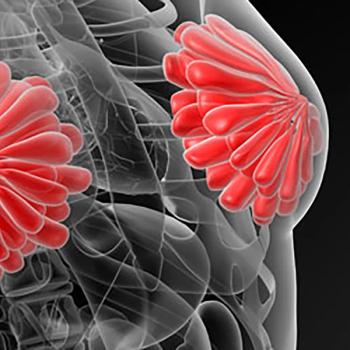
Debra Pratt, from the Cleveland Clinic Breast Health Center, writes that early detection and lifestyle changes can help save lives.

With pink popping up all over, and public service announcements everywhere we turn, it would be impossible to forget that October is Breast Cancer Awareness Month. When this month coincides with a personal experience with cancer, the messages become even more powerful. Mammograms do save lives. Tell a friend, tell a parent, tell a child.

Angelina Jolie has highlighted the benefits of genetic testing and surgery to prevent hereditary breast cancer, but women must also consider the risks.

Breast cancer and melanoma survivor ponders the impact of cancer on her capacity to cope with life changes.

Jame Abraham, Director of Cleveland Clinic's Breast Medical Oncology Program, provides an overview of what you shouldn't be afraid to ask your doctor.

Thoughts on losing my last shred of dignity during breast cancer treatment and the Mardi Gras beads I earned along the way.

When nothing else seemed to be working, I searched for some "alternative" alternatives.

Every year around October, the Susan G. Komen Foundation hosts a "Race for the Cure."

Traditional treatment options for breast cancer include surgery, chemotherapy, radiation and anti-hormone therapies but there are other options available.

Male breast cancer survivor Khevin Barnes looks back on the longest year of his life.
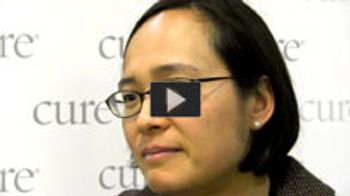
Amanda L. Kong, discusses why patients should consider seeking a second opinion for their breast cancer diagnosis and care at a high volume hospital.
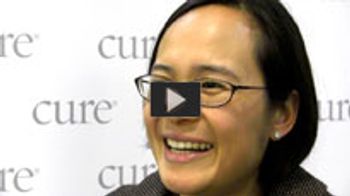
This study sought to identify patterns of breast cancer care at high volume hospitals.

Cancer is more than cancer awareness and it isn't just about the "popular" cancers.

Every October, pink ribbons appear to signal the start of Breast Cancer Awareness Month. Pink has become the color of breast cancer, but some survivors don't like the color pink and they have a good reason for feeling the way they do.
